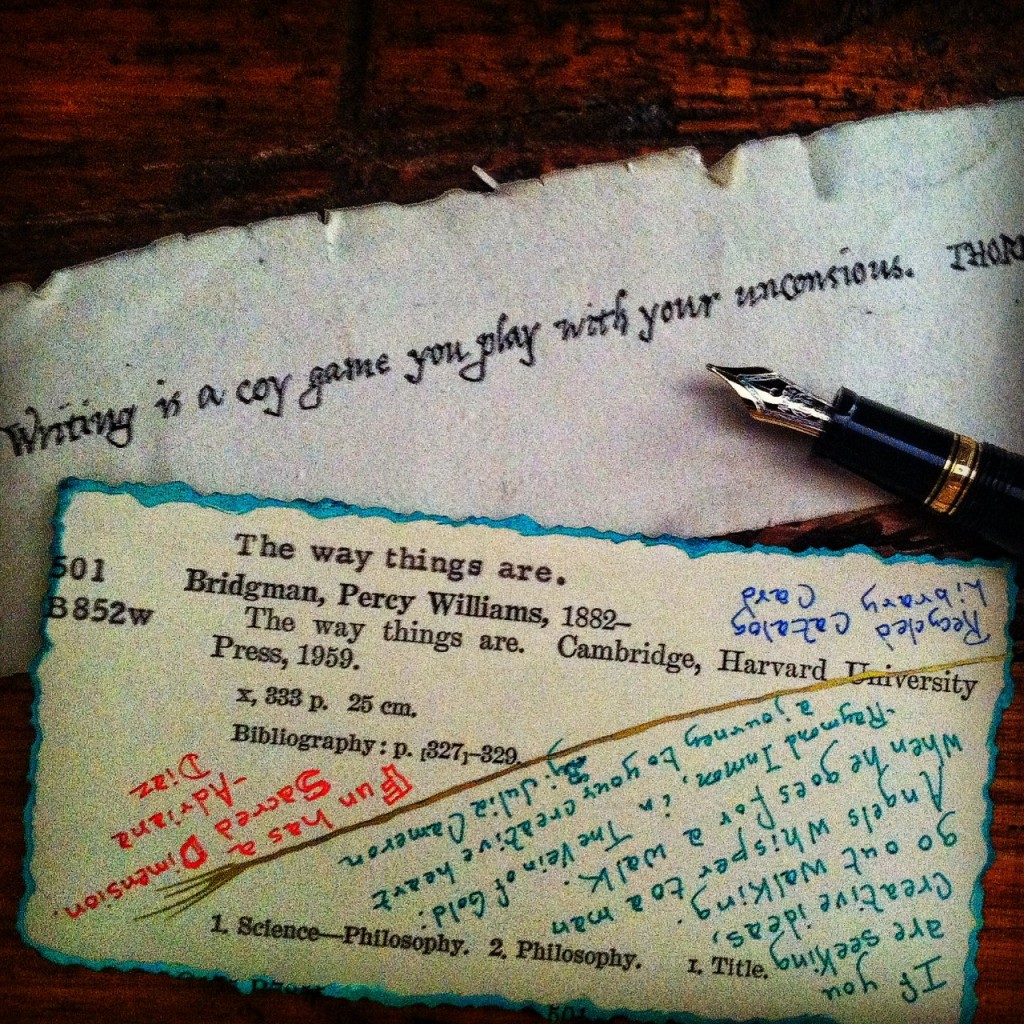Our obsession with online is disrupting journalism again and again. With everyone reading these days via smartphone or tablet (one in three minutes online is now spent on mobile devices), we writers wonder how best to write for the web.
In cyberspace, the way to tell stories (of people, experiences and ideas I encounter) is differe nt. What I remember when I write for the web:
nt. What I remember when I write for the web:
- Readers are scanners these days. Thus: Ruthlessly edit text and ensure that content contains clear heads, simple short paragraphs with words highlighted as hyperlinks. Ensure that each sentence I write moves the story forward.
- Copy is classic. Retain the traditional inverted pyramid, moving copy from the critical to the less vital details.
- Let people explore concepts thoroughly, by providing links in your content.
- Be mindful of accessibility as you visualize your page, even in a blog post. Accessibility is an issue for people with limited sight, for example. I write in headlines; I prepare alt text for images. I explain content of hyperlinks.
- Newsprint (inverted L) design is relevant. Always guide the reader’s eye with effective, simple flow.
- Use bullets when possible. People like bulleted lists.
- Be compelling and conversational.
- Don’t lose your focus on quality, grammar and punctuation.
- Write in the active voice, in the all-present web medium.
- Web writing is unique! Write with title tags and keywords!
There’s good advice across the web to help you understand the surfers and the readers. I’m a fan of Jakob Nielsen’s Alertbox and suggest his site for resources on how users read on the web.
I’m also a fan of the Poynter Institute’s e-learning projects for journalism training, and suggest The Writer’s Workbench for effective tools.
Here’s an inspirational post for writers who want to hone their craft.
Travel writers (and the curious) should read this blog post.
Rambling through the Tucson desert, touching Reggio Calabria towns of my ancestors, or even revisiting my cherished Brooklyn – I realize my travels have stories to tell. I reach within to my training from decades ago, and know that the craft of journalism is not dead.

 Follow
Follow